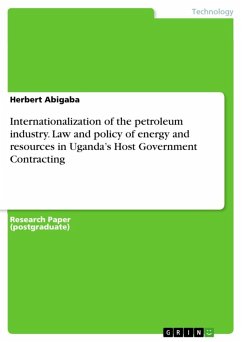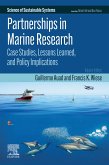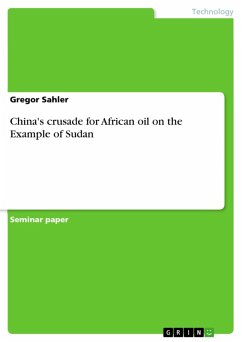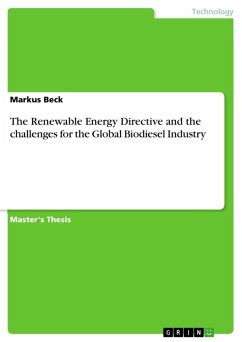Research Paper (postgraduate) from the year 2014 in the subject Energy Sciences, grade: 90%, University College London (School of Energy and Natural Resources Management), course: Law and Policy of Energy and Natural Resources, language: English, abstract: This paper discusses the internationalization of the petroleum industry as witnessed within Uganda's petroleum legal and regulatory framework, drawing heavily on the Host Government Contracts (HGC). The country is selected for a number of reasons. First, the framework relates strongly with the other countries across East Africa, a region that is profoundly becoming a new petroleum frontier.1 Second, Uganda's commercial oil discoveries realized in early 2006 have since increased to become the largest on-shore oil reserves in the Sub-Sahara Africa (SSA) over the last 20 years.2 Third, this 'black gold' potential has seen strong foreign interest, especially over the last ten years with country now pitted to become a top-50 oil producer in the mid-term if the development plan is achieved.3 As a result, the country has witnessed legal, regulatory and policy reforms; strongly over the last ten years, aimed at improved management of the nascent industry as shall be discussed. The paper is structured as follows. In the first section, a chronological development of country's petroleum legal, regulatory and policy framework is discussed. Section two explains the HGC that has been employed in Uganda to manage its hydrocarbon resources. In the third section, internationalization of the industry as reflected in Uganda's framework is considered. Although the focus is on host government contracting, the interdependence with the public law framework that governs it is appreciated. For this reason, the discussion permeates beyond the HGCs to include this framework. While it is adduced that internationalization within Uganda's legal system is apparent and still progressing, the paper suggests that developing countries face some specific challenges. In the last section, these challenges are assessed along with recommendations to remediate them, and entrench this narrative.
Dieser Download kann aus rechtlichen Gründen nur mit Rechnungsadresse in A, B, BG, CY, CZ, D, DK, EW, E, FIN, F, GR, HR, H, IRL, I, LT, L, LR, M, NL, PL, P, R, S, SLO, SK ausgeliefert werden.









